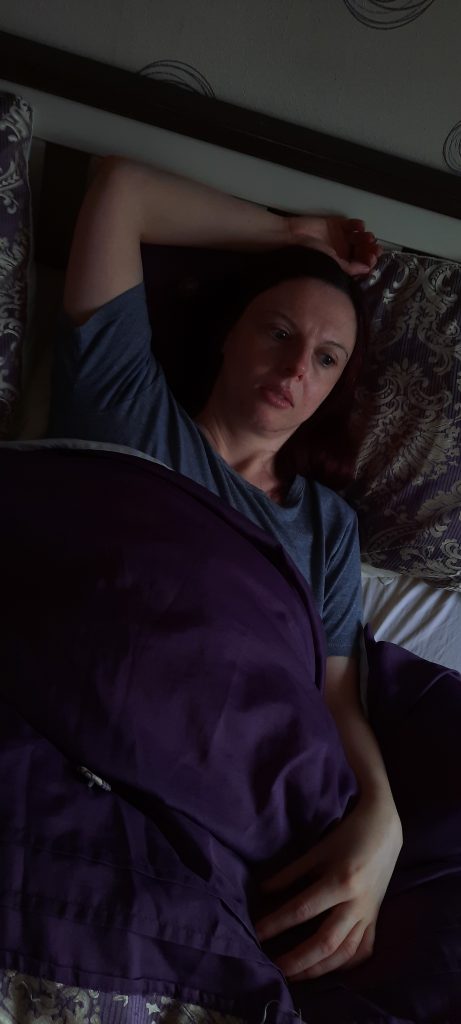
You feel yourself stirring from sleep and your eyes flicker open. There is no light behind the drawn curtains, it’s still the middle of the night. You tell yourself you won’t look at the clock but you suddenly have the strongest urge to do just that, and you do and you realise it is barely 3am. You close your eyes again, but the thoughts are already crowding in and you know you will probably not be getting back to sleep again tonight.
Does this sound familiar?
Through this awful time of separation, loss and worry, it is not unusual to have problems sleeping. The good news is exercise, even a small amount, can help.
It has not been determined exactly why exercise can help with sleep, however studies that have been carried out demonstrate a clear correlation.
The 2013 Sleep in America poll, which surveyed adults between the ages of 23 and 60 and focused on “Exercise and Sleep,” (shows) 76-83% of respondents who engage in light, moderate, or vigorous exercise reported very good or fairly good sleep quality. For those who did not exercise, this figure dropped to 56%.
Evidence shows that exercise helps people fall asleep more quickly, decreases levels of insomnia, and increases the amount of slow wave or deep sleep that a person gets. The slow wave sleep is the period of sleep that helps the mind and body repair, helping you to feel rejuvenated the next day. Exercise can also help you feel more awake in the day, which may ward off the need to grab that mid-afternoon chocolate bar for your energy boost.
One theory is that exercise initially raises your core temperature, and that as this drops again, approximately 60-90 minutes later, it sends signals to the body that activity is done and starts to facilitate sleep.
Exercise also has meditative qualities, which in itself can help quieten the mind, helping you switch off.

It is important to find an exercise that you enjoy and that suits you in order to maintain a routine, but the good news is that any activity, from walking to weight lifting, that increases your heart rate and raises your core temperature, undertaken for as little as 30 minutes, can improve your sleep the same day.
There is some evidence to suggest that exercise late at night may hinder sleep. It raises your body temperature, which in itself can make sleep uncomfortable, but also means that you are trying to rest in a body that has been ‘warmed up for activity.’ The endorphins that exercise creates can also lift your mood and lift you out of the sleep you were wanting you induce. You may be able to fall to sleep directly after exercise, but if this doesn’t work for you, try leaving a gap of 2 hours between the end of your workout and your bed time.
Another benefit of good sleep is that you will have more energy the next day, and you can use this energy to exercise. in this way the exercise/sleep pattern can become self-fuelling and can lead to an overall healthier lifestyle.
So next time you feel ‘too tired’ to go to a class, consider that taking that class may induce the better sleep you need to feel less tired the same day. Starting the process may be difficult, but the benefit will be worth it.
https://www.hopkinsmedicine.org/health/wellness-and-prevention/exercising-for-better-sleep
https://www.sleepfoundation.org/physical-activity/exercise-and-sleep

Another great blog, Sarah. When I am talking to ladies with my menopause hat on, I always mention that exercise helps with combating weight gain, with sleep, and with generally feeling more upbeat. I also mention that even doing housework and gardening counts as exercise!